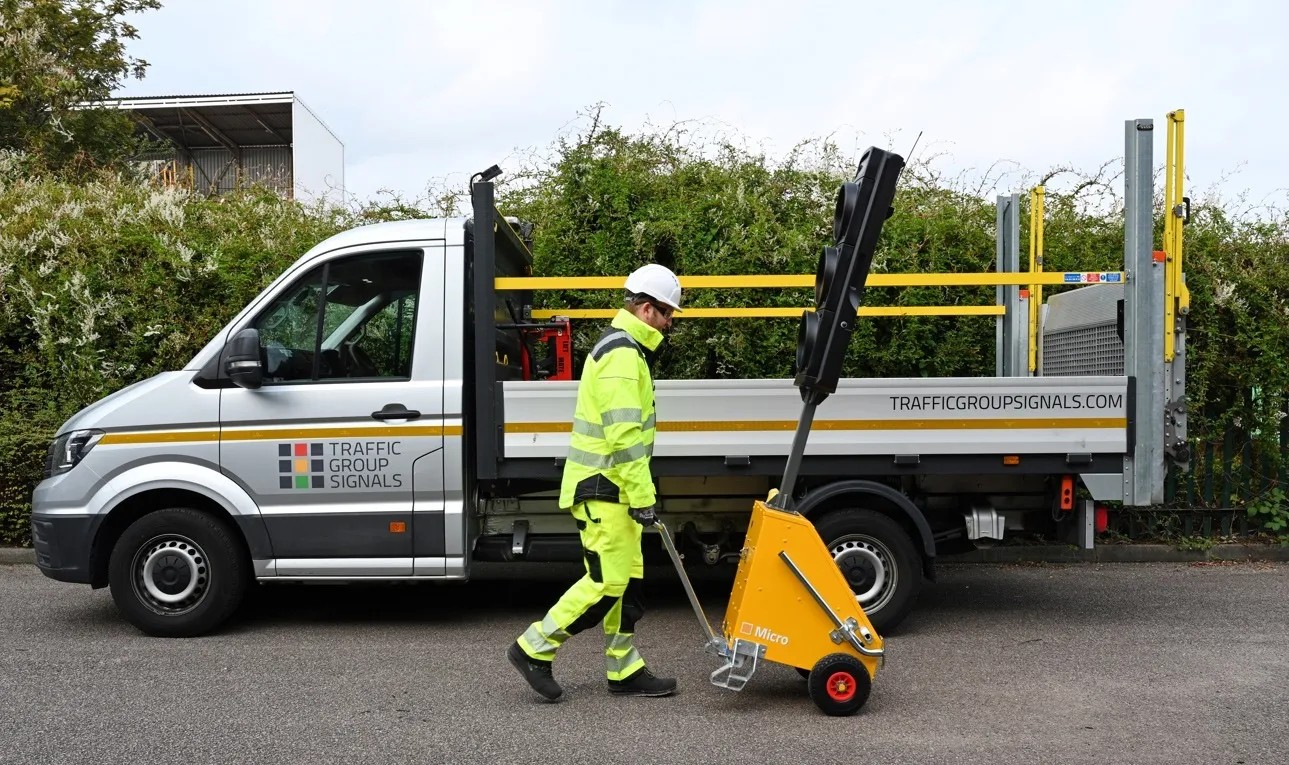
To support the move towards Net Zero, Traffic Group Signals says it has launched the eco-conscious Evo ACM series of traffic signal systems.
As a significant PX upgrade to the established Evo Multi product line, the returned metalwork and electronics are recycled and remanufactured to create what the company says is a modern and environmentally responsible signal.
The new Evo ACM – active channel management - series also provides greater communications reliability, improved signalling efficiency and better battery security, delivered with a new signal head.
Made from 50% recycled plastic the new signal head improves aerodynamics and reduces weight, while retaining the existing electronic components. This will enable updated signals among the fleet and on the road to be instantly identified.
Traffic Group Signal’s AutoGreen technology has also been incorporated into the design. This includes pedestrian crossing support for two-way deployments on Evo ACM.
Where multi-phase operation is required, the latest Smart VA mode minimises vehicle waiting times, prevents over-extension of green phases and enhances safety at both street and road works.
The ACM system guarantees the most reliable signal performance even in the most challenging environments, explains Will Credicott, marketing manager at Traffic Group Signals. “In a first for the traffic management industry, our Evo ACM scheme allows customers the opportunity to return their old Micro and Radiomaster Evo Multi signals which will then be disassembled into material parts for remanufacturing into new Evo ACM signals.
“By bringing this latest product to market, our customers can invest in a product solution which affords the very best functionality and experience but doesn’t cost the earth,” he said.










